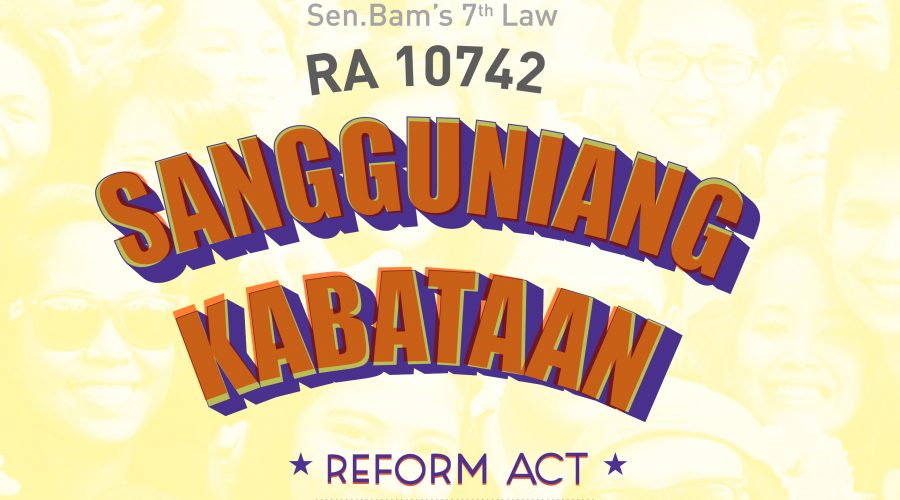Republic Act No. 10754: Expanding the Benefits and Privileges of Persons with Disability
AN ACT EXPANDING THE BENEFITS AND PRIVILEGES OF PERSONS WITH DISABILITY (PWD), AMENDING FOR THIS PURPOSE SECTION 32 OF REPUBLIC ACT NO. 7277, OTHERWISE KNOWN AS THE MAGNA CARTA FOR PERSONS WITH DISABILITY, AS AMENDED, AND SECTION 35 (B) OF REPUBLIC ACT NO. 8424, OTHERWISE KNOWN AS THE NATIONAL INTERNAL REVENUE CODE OF 1997, AS AMENDED

Recent Comments